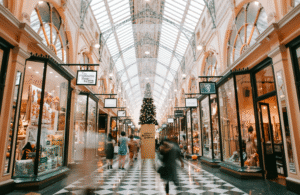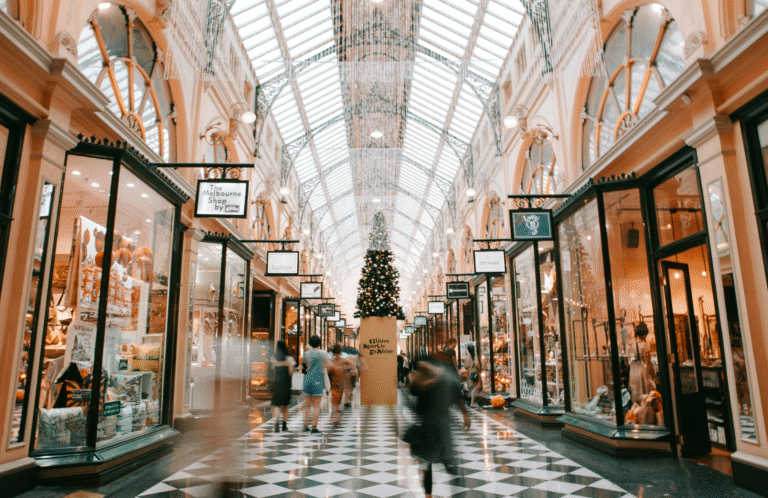According to Japanese medical experts, having no spectators during the Tokyo Olympics is the “least dangerous” alternative. They cautioned in a study that there was a “risk of people mobility” spreading Covid infections and “stretching the [country’s] medical system.” Other Japanese authorities, on the other hand, have stated that they would like as many home fans as possible to attend. Foreign spectators will not enter the stadium. The Olympics, which were to begin last year, will begin on July 23. The study got out on Friday by a group of Japanese medical specialists led by senior health adviser Shigeru Omi. The “least dangerous” and “preferred” alternative, it claimed, was to host the Games without spectators.
What do experts say about the spectators?
The experts did, however, suggest that each Olympic site might seat up to 10,000 people. Seiko Hashimoto, the head of Japan’s organizing committee, agreed that a “no fans” policy would minimize illnesses. She did say, though, that she would continue to look for methods to enable spectators. On Monday, the final judgment came out. Separately, officials and volunteers working on the Games began receiving vaccines on Friday.
For the seven days leading up to your trip to Japan, you must restrict any physical interactions with people to a bare minimum, especially those from another team, delegation, or nation,” it said. Athletes and officials will not get permission to communicate with anybody other than their own delegation for three days after arriving. “At the Olympic Games.” Every day, like with all athletes and officials, you will have a test. “You will not be able to physically contact anyone from another team, delegation, or nation for three days following your arrival in Japan”. Athletes are to check into the Games Village five days before the start of their competition.








